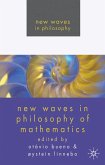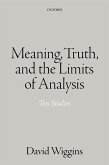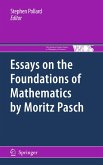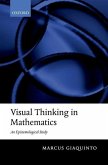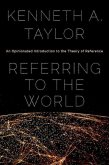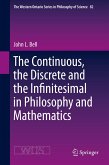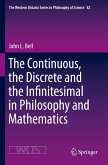What is abstraction? To what extent can it account for the existence and identity of abstract objects? And to what extent can it be used as a foundation for mathematics? Kit Fine provides rigorous and systematic answers to these questions along the lines proposed by Frege, in a book concerned both with the technical development of the subject and with its philosophical underpinnings.
Fine proposes an account of what it is for a principle of abstraction to be acceptable, and these acceptable principles are exactly characterized. A formal theory of abstraction is developed and shown to be capable of providing a foundation for both arithmetic and analysis. Fine argues that the usual attempts to see principles of abstraction as forms of stipulative definition have been largely unsuccessful but there may be other, more promising, ways of vindicating the various forms of
contextual definition.
The Limits of Abstraction breaks new ground both technically and philosophically, and will be essential reading for all who work on the philosophy of mathematics.
Fine proposes an account of what it is for a principle of abstraction to be acceptable, and these acceptable principles are exactly characterized. A formal theory of abstraction is developed and shown to be capable of providing a foundation for both arithmetic and analysis. Fine argues that the usual attempts to see principles of abstraction as forms of stipulative definition have been largely unsuccessful but there may be other, more promising, ways of vindicating the various forms of
contextual definition.
The Limits of Abstraction breaks new ground both technically and philosophically, and will be essential reading for all who work on the philosophy of mathematics.


